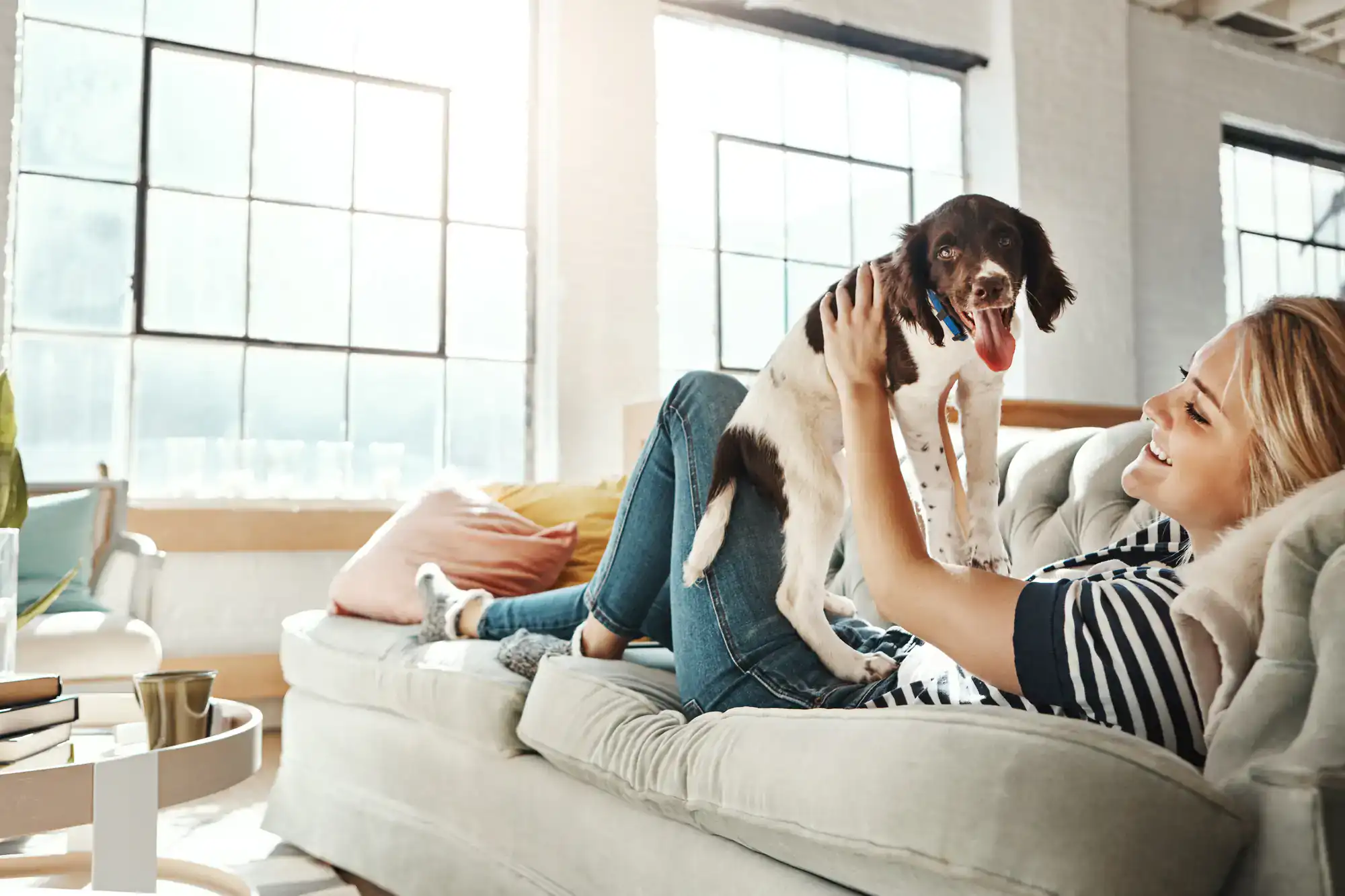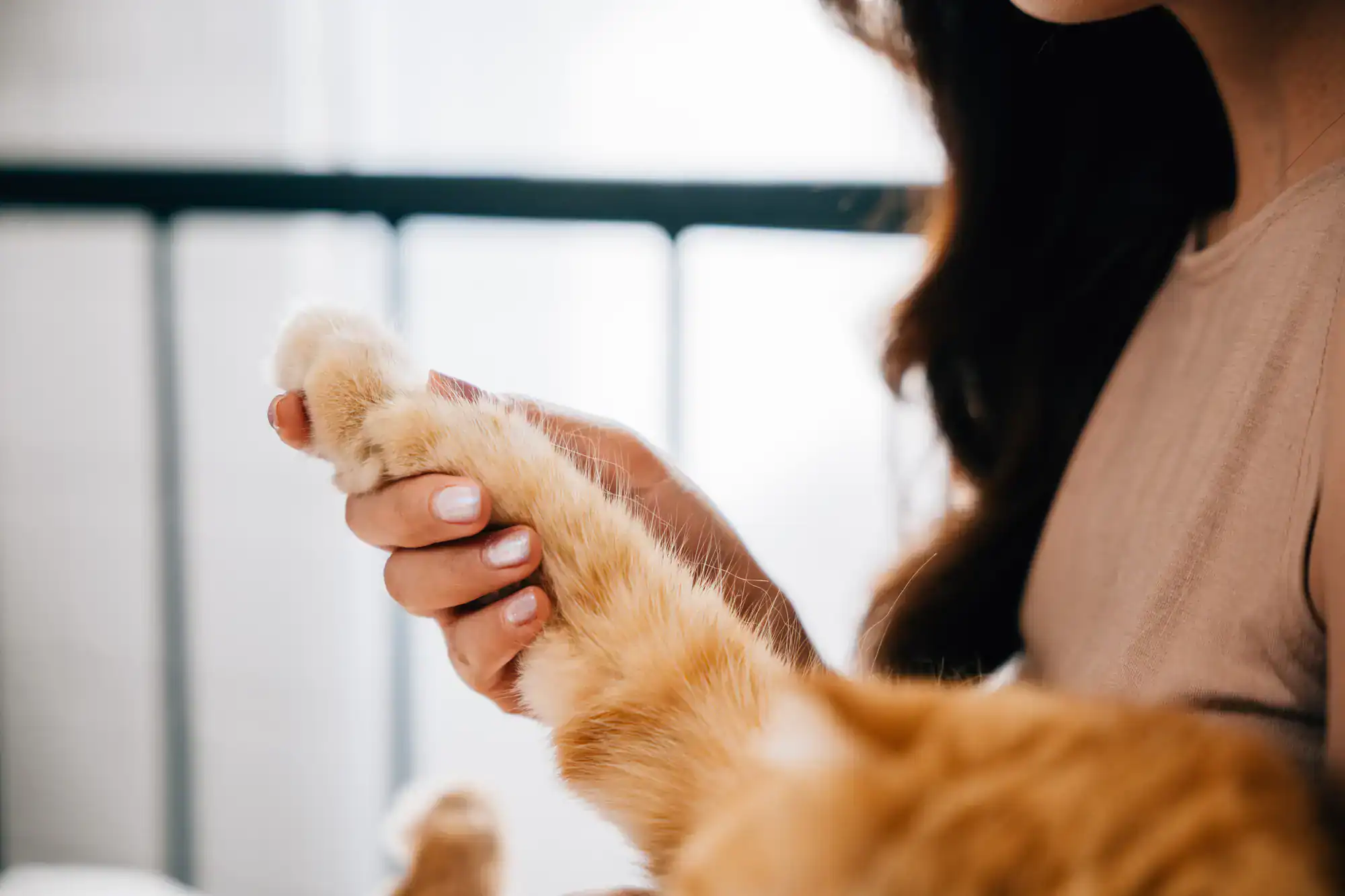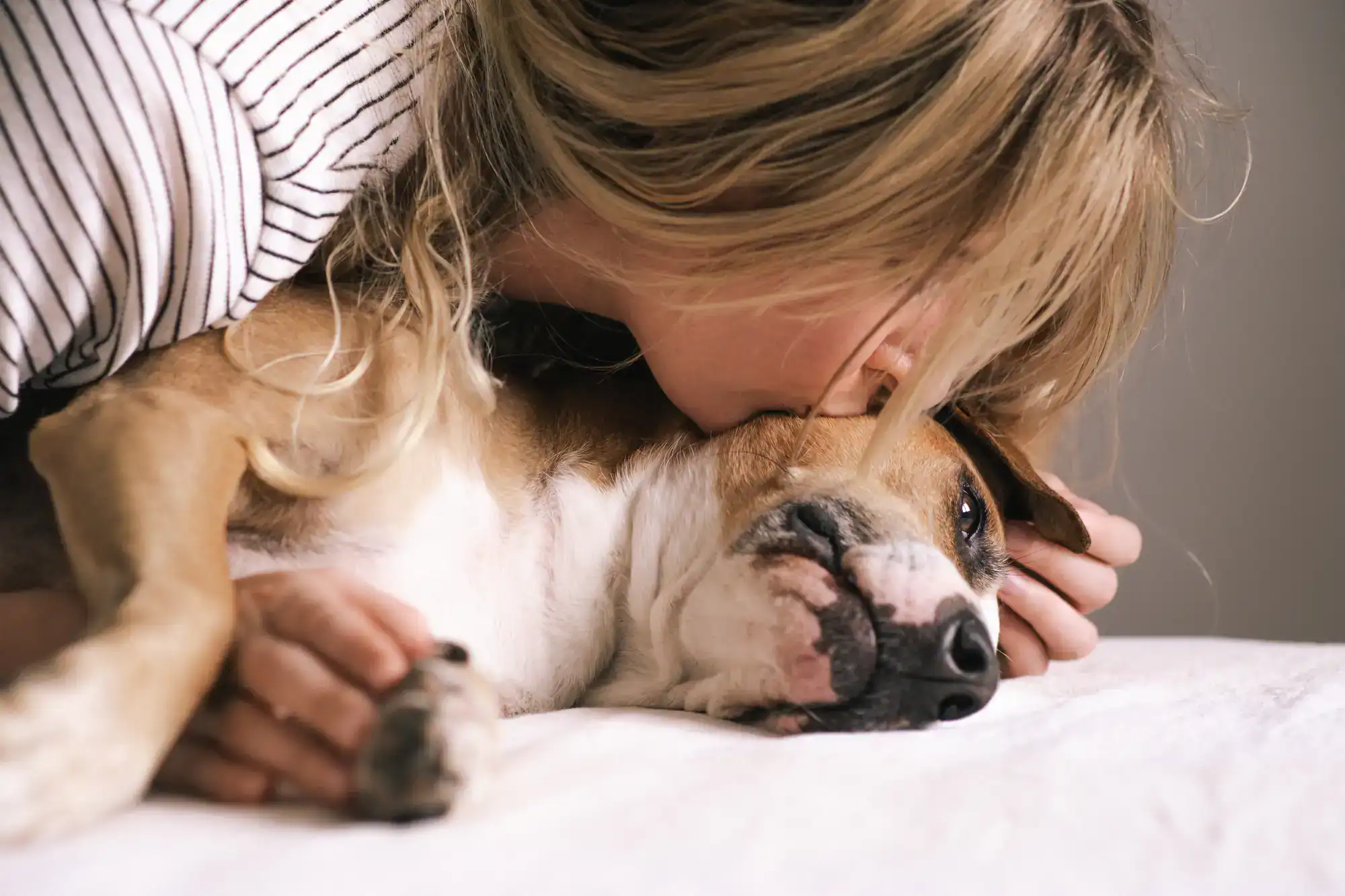Pet Loss Support in Wigginsville, TX
You Don't Have to Grieve Alone
Losing your pet feels impossible right now. We understand that grief, and we’re here with the pet loss support you need to heal.

Hear from Our Customers

Pet Grief Counseling Wigginsville
You’ll discover you’re not alone in this pain. Thousands of pet parents in Wigginsville, TX face the same overwhelming grief when their beloved companion passes. The shock, guilt, and emptiness you’re feeling right now? It’s completely normal.
Professional pet loss support helps you process these emotions without judgment. You’ll learn healthy coping strategies from trained grief counselors who understand the unique bond between you and your pet.
Most importantly, you’ll find a path forward that honors your pet’s memory while allowing yourself to heal. The pain doesn’t disappear overnight, but with proper support, you can carry your love for your pet in a way that brings comfort instead of constant anguish.
Pet Loss Resources Harris County
We’ve been supporting grieving pet families in Harris County since 1989. We understand that pets aren’t just animals—they’re family members who leave irreplaceable holes in your heart when they’re gone.
Our team includes two full-time veterinarians and trained grief support specialists who’ve helped thousands of families through their darkest moments. We’re proud members of the American Association for Pet Loss and Bereavement, ensuring you receive evidence-based support during your healing journey.
What sets us apart in Wigginsville, TX is our commitment to being there when you need us most. We offer support seven days a week because grief doesn’t follow business hours, and your pain deserves immediate, compassionate attention.

Coping With Pet Loss Process
Getting pet loss support starts with a simple phone call. You’ll speak with one of our trained counselors who understands exactly what you’re going through—no judgment, no rushing, just someone who gets it.
During your first conversation, we’ll assess what type of support feels right for you. Some families benefit from one-on-one grief counseling, while others find healing in support groups with people facing similar losses. We also provide resources for children who are struggling with pet loss, since kids process grief differently than adults.
You’ll receive practical tools for managing the daily reminders of your pet’s absence. We’ll help you create meaningful ways to honor your pet’s memory while developing healthy coping strategies for the difficult days ahead. The goal isn’t to “get over” your pet—it’s to carry their love with you in a way that brings peace instead of pain.

Ready to get started?
Pet Bereavement Support Services
Our pet loss support services include individual grief counseling, family sessions, and support groups specifically for pet bereavement. We understand that losing a pet in Wigginsville, TX can feel isolating, especially when friends and family don’t understand the depth of your bond.
You’ll have access to our extensive library of pet loss resources, including books, articles, and guided meditations designed specifically for pet grief. Our bilingual counselors ensure that language never becomes a barrier to receiving the support you need during this difficult time.
We also offer specialized support for anticipatory grief—that overwhelming anxiety and sadness you might feel when your pet is terminally ill but still alive. Many pet parents don’t realize this type of grief is normal and treatable. Our counselors help you navigate these complex emotions while making the most of your remaining time together.

How long is it normal to grieve after losing a pet?
What should I do with my pet's belongings after they pass away?
Is it normal to feel guilty about my pet's death?
Should I get another pet right away to help with the grief?
How can I help my children cope with our pet's death?
Are pet loss support groups helpful, or is individual counseling better?
Other Services we provide in Wigginsville
